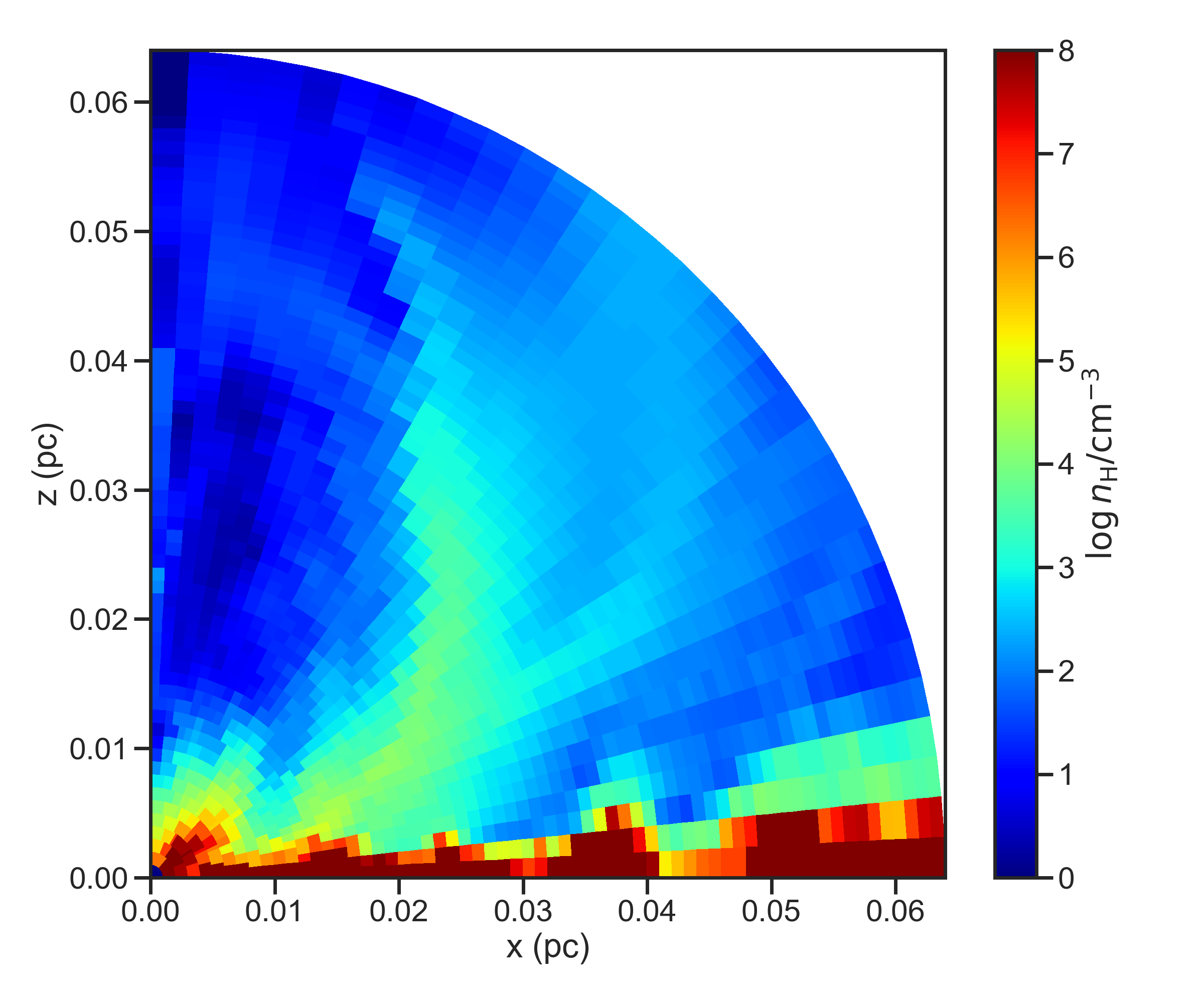Tsukuba Uchu Forum
139th Uchu Forum
ダークマターは何者か?:暗黒物質の解明に向けた近傍宇宙論研究の現状と将来展望
Kohei Hayashi
NIT, Sendai College
Abstract
Most of the matter in the universe is dominated by dark matter. However, its nature remains a mystery and is one of the biggest problems in modern physics. Various approaches have been taken in a wide range of fields from particle physics to astronomy to elucidate the nature of this unknown matter. I will focus on one of these approaches, the limitation to dark matter theory using dwarf elliptical galaxies (dwarf galaxies), which is one of the approaches based on astronomical observations. Dwarf galaxies are one of the best objects to study their fundamental properties because they are rich in dark matter. In particular, detailed studies of their dark matter density distribution play an important role in testing dark matter theoretical models. In this talk, I will first give an overview of the fundamental properties of dwarf galaxies. I will then present the current status of dark matter density estimation based on the stellar dynamics of dwarf galaxies and the limitations to dark matter models, including my own research results. I will also review recent progress in dwarf galaxy observations and present future prospects for dwarf galaxy dark matter research with next-generation instruments such as Subaru-PFS, which is scheduled to be fully operational in 2024.


 和 英
和 英